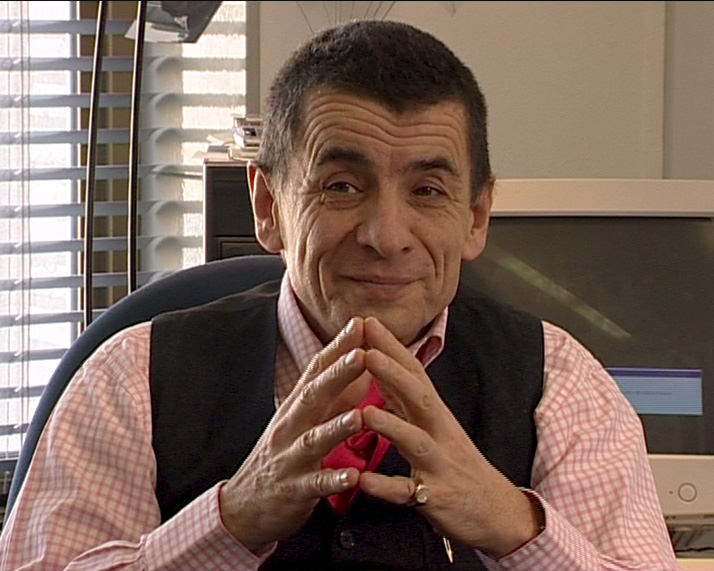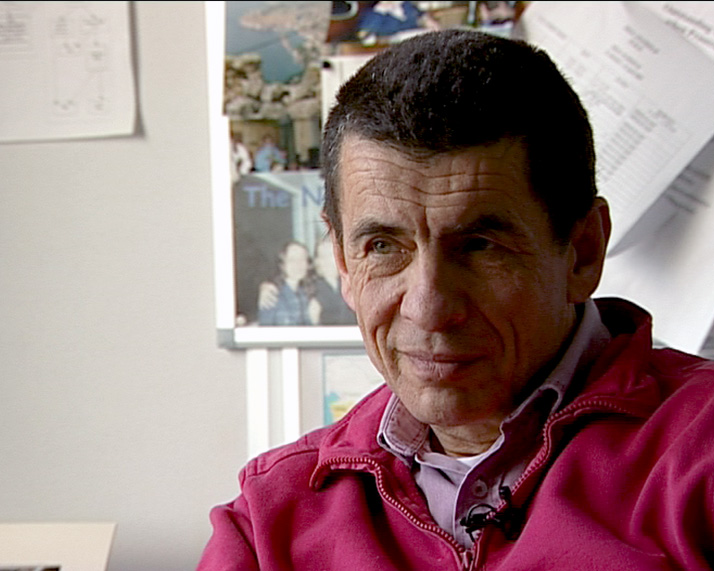3 march 2004
Sir Geoffrey Nice
ICTY Senior Trial Attorney (1998-2006)
Length: 124 minutes
We have put in a sufficient amount of evidence to leave a responsible and broad record that would show we have not simply taken a single, naive or primitive line.
Following the closure of the prosecution case in the trial od Slobodan Milošević, Prosecutor Geoffrey Nice speaks about the complexities of trying a head of state and a conflict between the prosecution's duty to put the extensive amount of evidence and the interest of the judges and the world at large in seeing the case determined in an appropriately concise amount of time.
Selected documents
Interviews with Sir Geoffrey Nice

